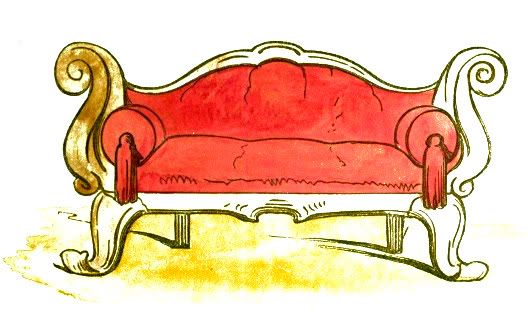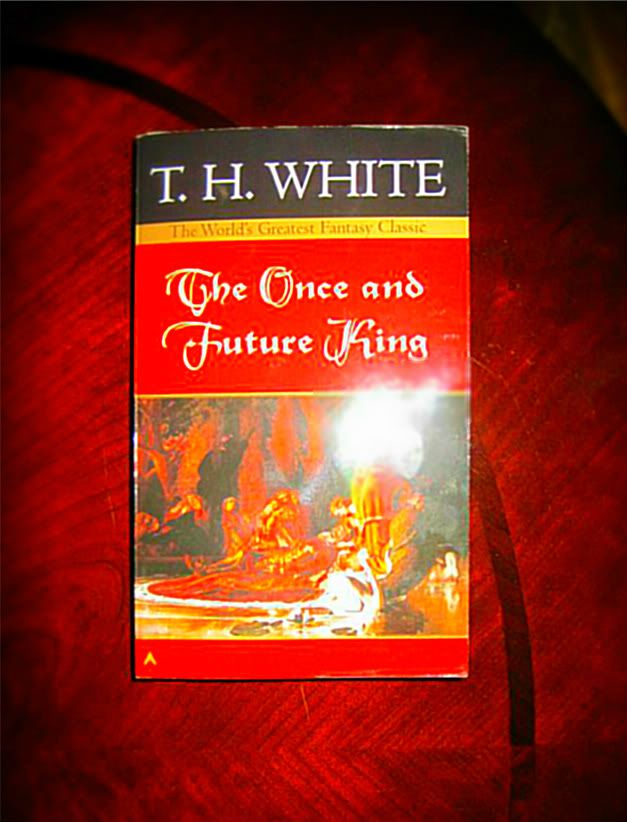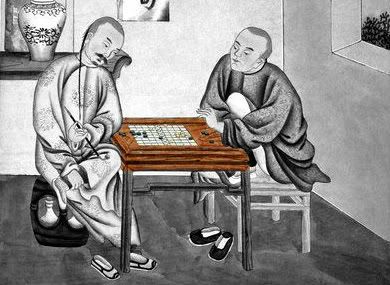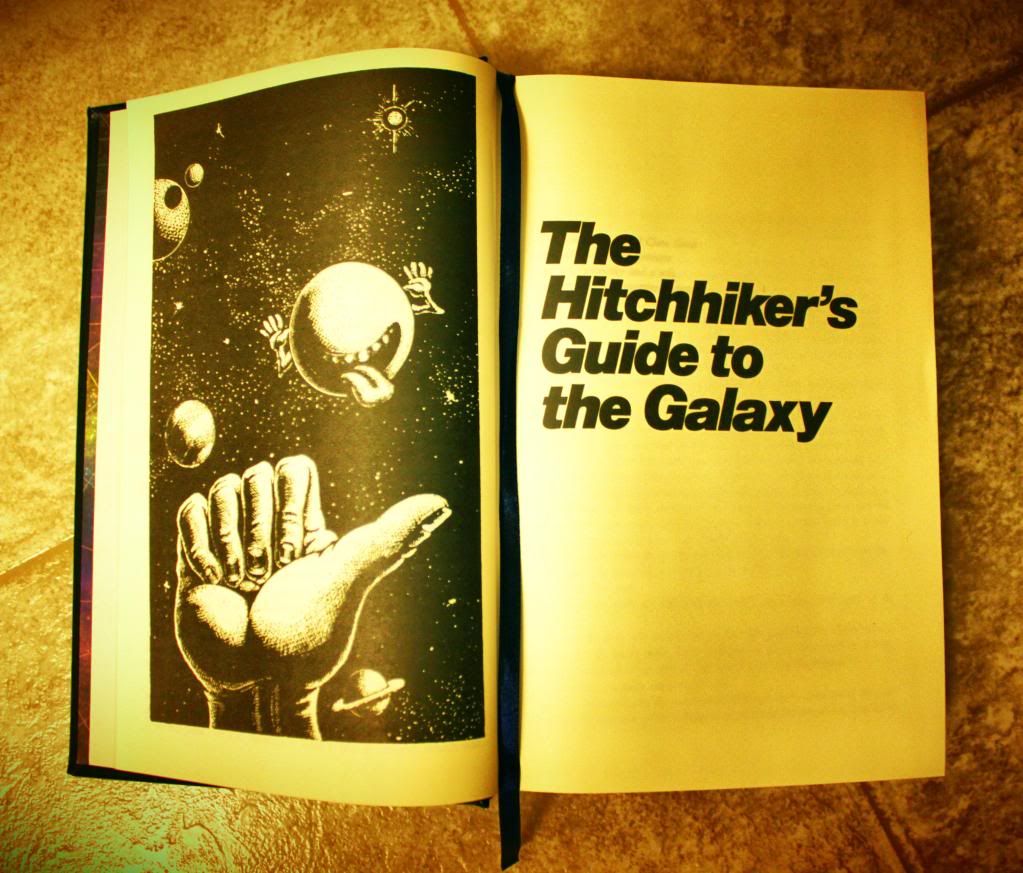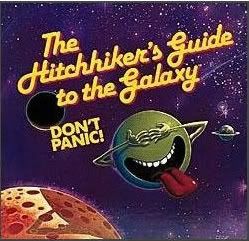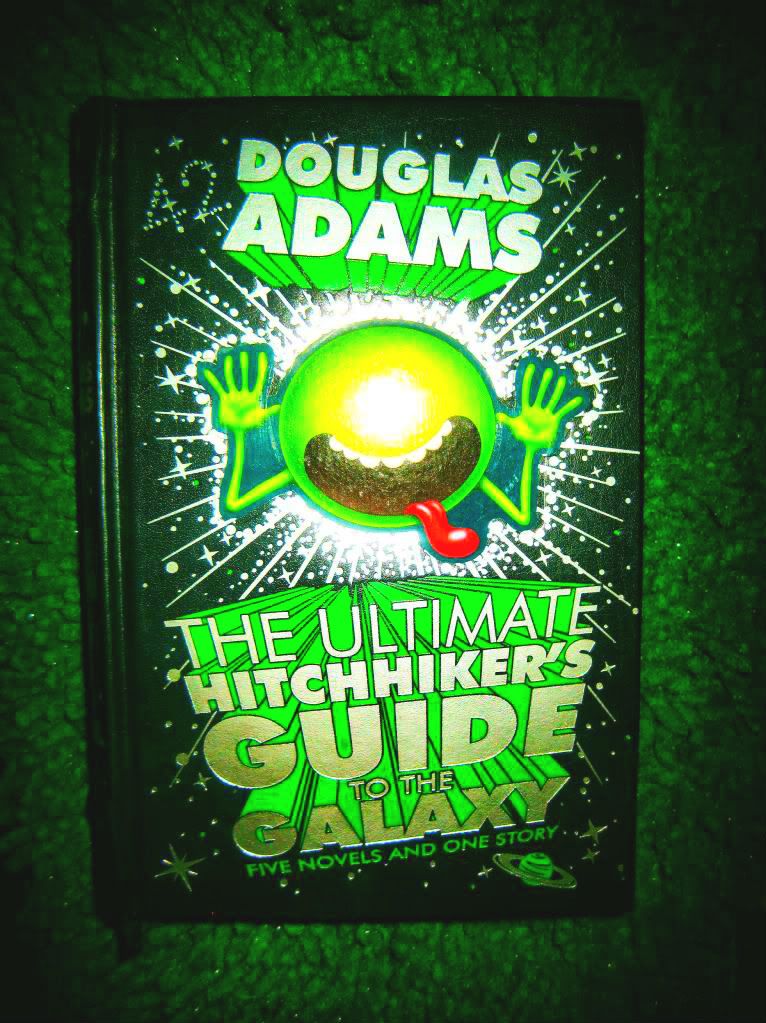When it comes to Ayn Rand, I just can’t put the book down. There was one point where I stood up from my seat, continued out the waiting room and onto the scale still searching for the bookmark (receipt) and fumbling for an ending word. But, it never came, so I had to find my spot on the page again later. It has taken me a month to get back to this when the book was only 100 pages!
Sad to see my own goal mocking me, but I will just say I was a bit naïve and get on with it. Things come up and distractions are a disaster mixed with the untimely appearance of my dear old skill-set of professional procrastination. But at the end of the day, I read it and that’s all that matters. So, here it 'tis.
This book is genius. Anthem was published a novella in the U.S. during the 1940s and is a perfect example of Ayn Rand’s claim to fame in the world of philosophical fiction. Her ability to craft visual phrases into beautiful exposition is impressive and the characters are relatable because of their human qualities and imperfections. Rand delivers the background and information as simple as possible, but also in a way that will influence the audience to give the final story new meaning. In the end, she has shown her mastery of the art of literary theory.
Never have I ever considered writing a fan-fiction, for ANYTHING… but.
And if you don’t comply, you will be lashed (just when you thought we had gotten past the Dark Ages). There is no advancement in every day life, any discovery of knowledge is buried, there is only that which you are assigned and ordered to do, and you obey. No one rebels, it is unheard of and unthinkable.
But just when you thought it could maybe be not so bad, you realize that the main character’s name is Equality 7
If I was ever into that sort of thing, this story is definitely worth writing an entire series about. The idea itself is exciting, since it takes place in a civilization that would seem very strange when compared to our own. Everything is done for “we” and thinking collectively has become the mode of society.
 |
| Anthem Graphic Novel by Charles Santino |
But just when you thought it could maybe be not so bad, you realize that the main character’s name is Equality 7
Oh, Equality 7-2521 is about the age where he is beginning to see the bigger picture. He’s genuinely intelligent, more so than all others. And, he has a thirst for knowledge. It is reminiscent of the forbidden fruit meaning the understanding of all things you did not know before. It can change a person, and it has since the dawn of humankind. Now we all wear clothes, and that feeling of embarrassment while unclothed is symbolic of the realization that we are a being that is looked upon by other beings. The themes are quite similar, since there seems to be a switch in mode of thinking once he crosses the barrier of forbidden knowledge. The story itself is short and sweet. My only complaint is that, I want to know more!
Ayn Rand. Anthem. (New York: Signet, 1995), 21.
 Sofa Cushions
Sofa Cushions